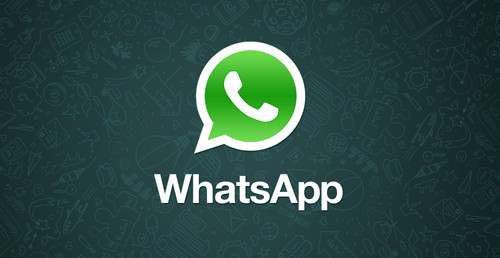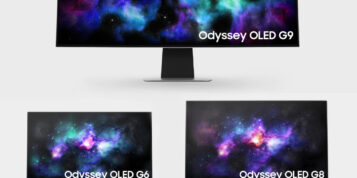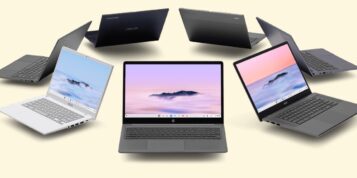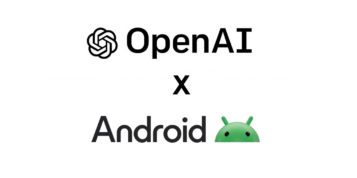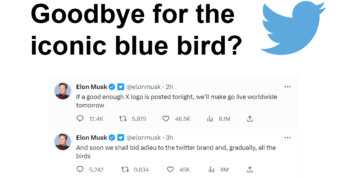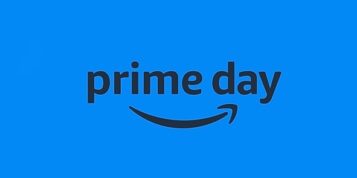Facebook’s purchase of WhatsApp could be seen as a knee jerk reaction to its decline in usage among young people, the demographic largely responsible for WhatsApp’s amazing growth.
Certainly by buying WhatsApp, Facebook has ensured it will see an uplift in numbers with younger audiences and stopped any of the other big players in the social arena buying it themselves. The question that lingers though is just what the long-term impact will be?
Defining the commercial model
Facebook wants to own connected internet, and WhatsApp is certainly a large player in the area with some industry projections predicting that its user base will hit the billion mark by 2016. What’s more, it’s amazing to see a big company that already has the exact same product, perform a u-turn by accepting that its own app isn’t working.
To make sense of this $19bn acquisition, we must immediately look to see what the commercial opportunities are. If WhatsApp suddenly starts serving ads then there is nothing to stop every single user jumping to another free messaging app such as WeChat. But there has to be a long term commercial benefit for how this acquisition will benefit Facebook outside of just bolstering the numbers.
Most of the users on WhatsApp will more than likely have a Facebook profile, but this younger demographic don’t communicate with each other directly on it anymore. As such, Facebook will now be able to overlay WhatsApp data onto its existing information, to build a clearer view on audience interests. The issue is that even with this approach, it is still difficult to see just how this can be used as a commercial model. Even if Facebook charged a premium for targeting using WhatsApp data, it’s difficult to imagine that the media industry will see any real value in it.
A different approach
What we do know, from looking back at Facebook’s acquisition of Instagram, the social network has learnt from its lessons and is now focused on which commercial model to put in place, rather than just imposing one and hoping for the best. The mentality of ‘move fast and break things’ has changed to ‘try new things in a careful way so as not to annoy everyone’ which, from a user’s point of view, can only be a good thing.
From a media perspective, there is no immediate added value from the acquisition due to the inability of brands to reach out to the WhatsApp audience directly. However, the potential data opportunities are fascinating and I’m sure many will listen out for the possibilities. As with all things Facebook, this journey is only 1% finished and we are interested in what the rest of the voyage will bring.
